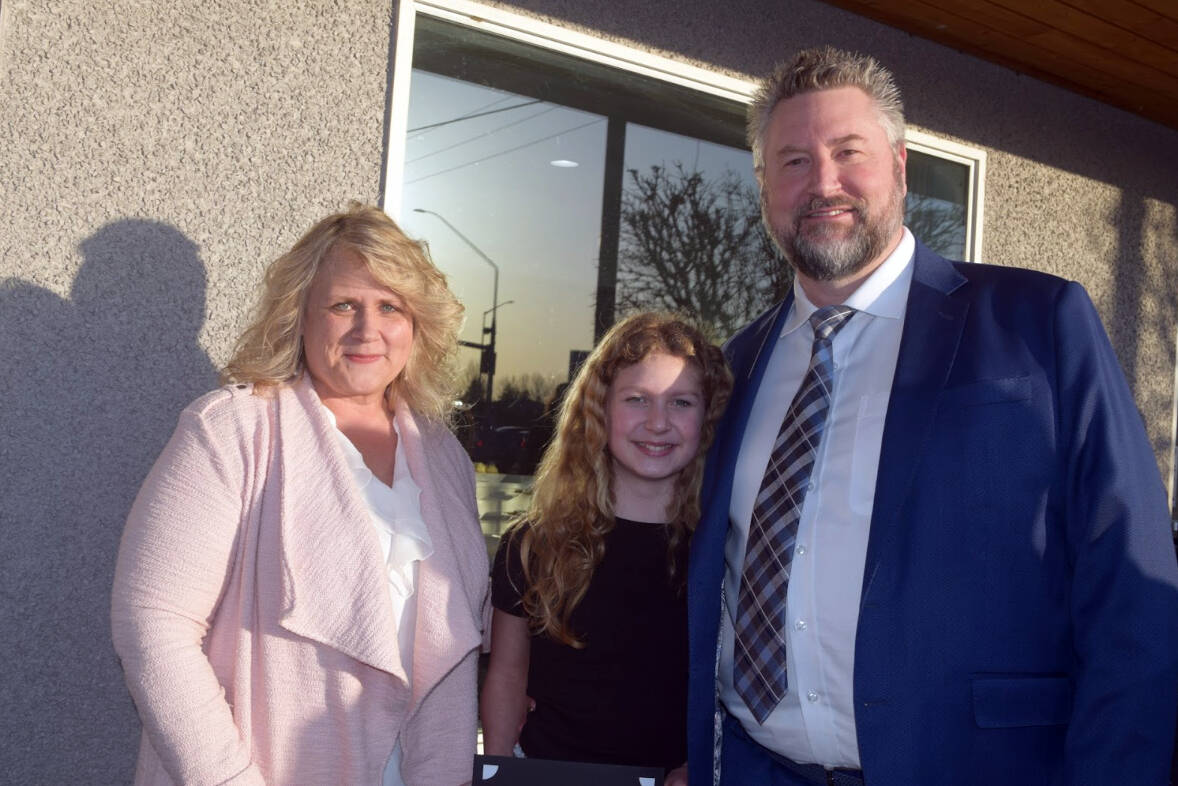News

Help is 3 numbers away: Crisis 911-988-211 services are now under one roof
“Through the Valley Comm 911/Crisis Connections partnership, we will help thousands more South King County community members get through what they’re going through.”

Kent Police chief believes new carjacking task force will reduce crime
Kent will play key role in efforts by U.S. Department of Justice to combat carjacking
Former Kent School District bus driver accused of raping student
Kent Police investigate death of man found near railroad tracks
Asylum seekers, supporters ask Kent City Council for housing help
Investigation concludes on SWAT team’s fatal shooting of suspect in Algona
Kent Police to join new Western Washington Carjacking Task Force
Business
Kent’s copper-colored building near Highway 167 to become banquet hall
Facility on Washington Avenue South previously housed LA Fitness; newspaper printing plant
Sports

Seven former Kent-based Thunderbirds in Stanley Cup playoffs | List | Update
Barzal, Bear and Kolesar helped lead Seattle to Western Hockey League title in 2017

Spring sports breakdown: NPSL surprises and standings
League summaries so far, with mid-season awards.
Kent School District and Kent Reporter partner for Athlete of the Year
Women’s NCAA basketball tournament was a game-changer | Bench Talk with Ben Ray
Kent Reporter Female Athlete of the Week: Sofia Mottern-Salinas
Kent Reporter Male Athlete of the Week: Justin Jamison
Kentwood takes down Kentridge and takes over first place in NPSL
Life

Healthy Kids Day free event coming up April 20 at Kent YMCA
Activities to include face painting, bounce house and dodgeball

City of Kent offers space festival for families May 4 at ShoWare Center
Retired astronaut Jose M. Hernandez to speak at event
Opinion

If you’re right, and you know it, then read this | Whale’s Tales
As the poet Theodore Roethke once wrote: “In a dark time the eye begins to see…”

The key thing is what we do with our imperfections | Whale’s Tales
I have said and done many things of which I am not proud. That is, I am no golden bird cheeping about human frailties from some high branch of superhuman understanding.
Northwest

King County releases $3 million to help find shelter for the homeless
Tukwila to get $2 million, Burien $1 million; no other South County cities applied for funds

Auburn’s Phil Fortunato announces secretary of state run
District 31 Republican senator wants to test Washington’s voting registration system for weaknesses.
Most Read




